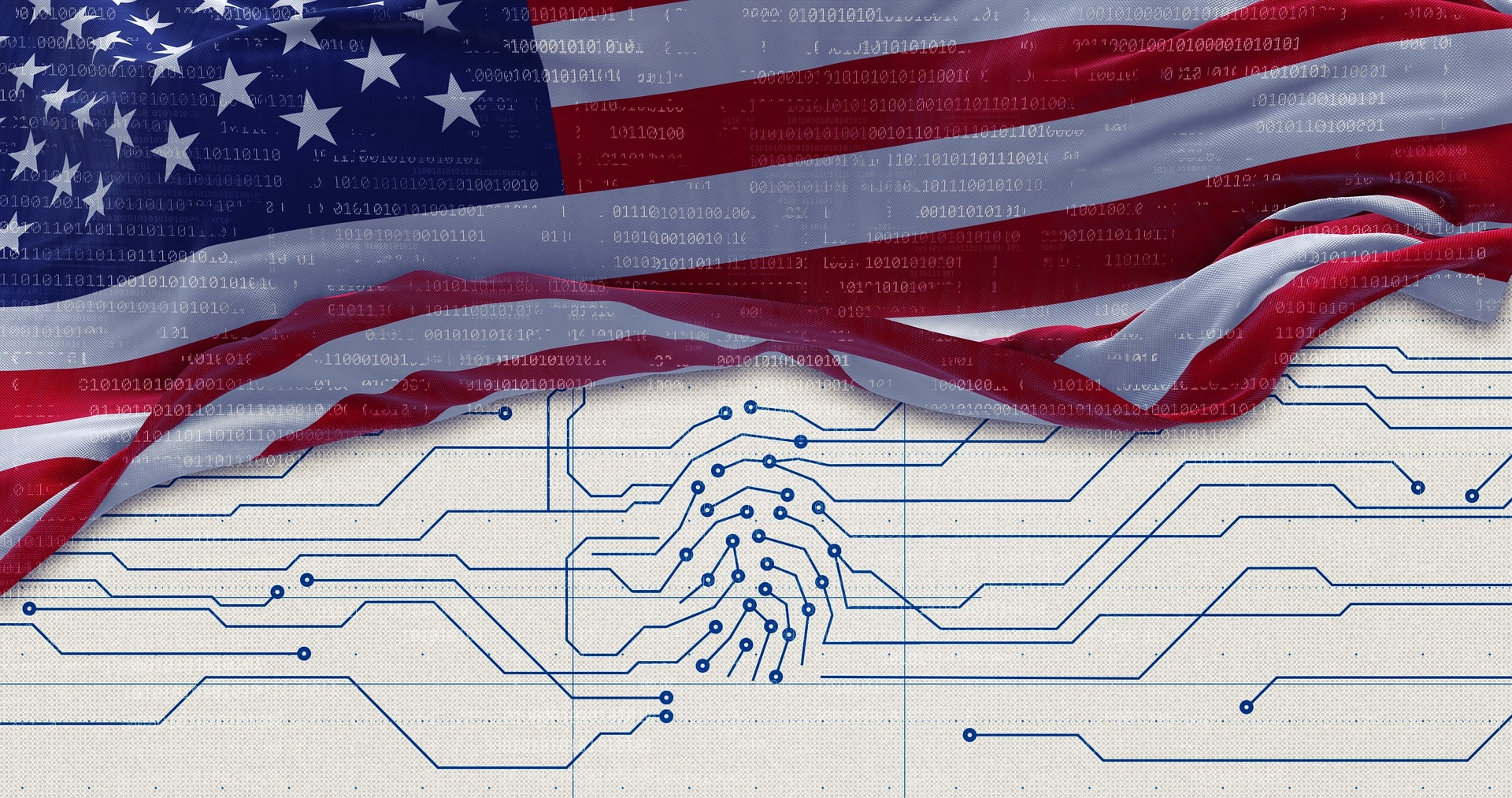
While the United States has refrained from getting involved in the Russia-Ukraine war from a “boots-on-the-ground” standpoint, one of the ways the nation has been supporting Ukraine in the conflict has been through the help of a U.S. Cyber Command (CYBERCOM) hunt forward team to aid in its cyber defenses against Russia, CYBERCOM Commander Gen. Paul Nakasone said today.
In a Senate Armed Services hearing, Nakasone said that CYBERCOM has been “integral” to the United States’ response to the war, in terms of sharing information and threat intelligence both within the nation and with Ukraine.
“Defending the nation is the heart of U.S. Cyber Command’s mission,” Nakasone said in his opening remarks. “The command has been integral to the nation’s response to the current Russia-Ukraine crisis.”
“Coordinating with Ukrainians, in an effort to help them harden their networks, U.S. Cyber Command deployed a hunt forward team, who sat side by side our partners to gain critical insights that have increased homeland defense for both the United States and Ukraine,” Nakasone said.
Nakasone said the hunt forward was deployed to Ukraine at the end of 2021 and spent two months with Ukraine to harden their systems. He added that such hunt forward teams allow CYBERCOM to understand the “tradecraft and the malware” a specific country is facing, then release that information publicly to provide an “antidote” to potential actions.
“The big piece about hunt forward though is not only the fact that we understand the networks of our allies, as they and partners as they invite us in there, but it’s also understanding what our adversaries are doing and then … sharing not only with our partners and NATO but also with the private sector,” he said.
While Nakasone declined to get too specific with the information shared with Ukraine in the open portion of the hearing, he pledged to do so later in the day at the closed portion of the committee’s hearing.
Nakasone also said CYBERCOM has been helpful domestically during the Russia-Ukraine war through its work sharing intelligence both across the Federal government and with industry, allowing the nation to plan for a variety of outcomes.
“We have provided intelligence on the growing threat, helped to warn government and industry to tighten security within critical infrastructure sectors, enhanced resilience of the DoD Information Network accelerated efforts against criminal cyber enterprises, and together – with interagency and allied partners – plan for a range of contingencies,” said Nakasone.
